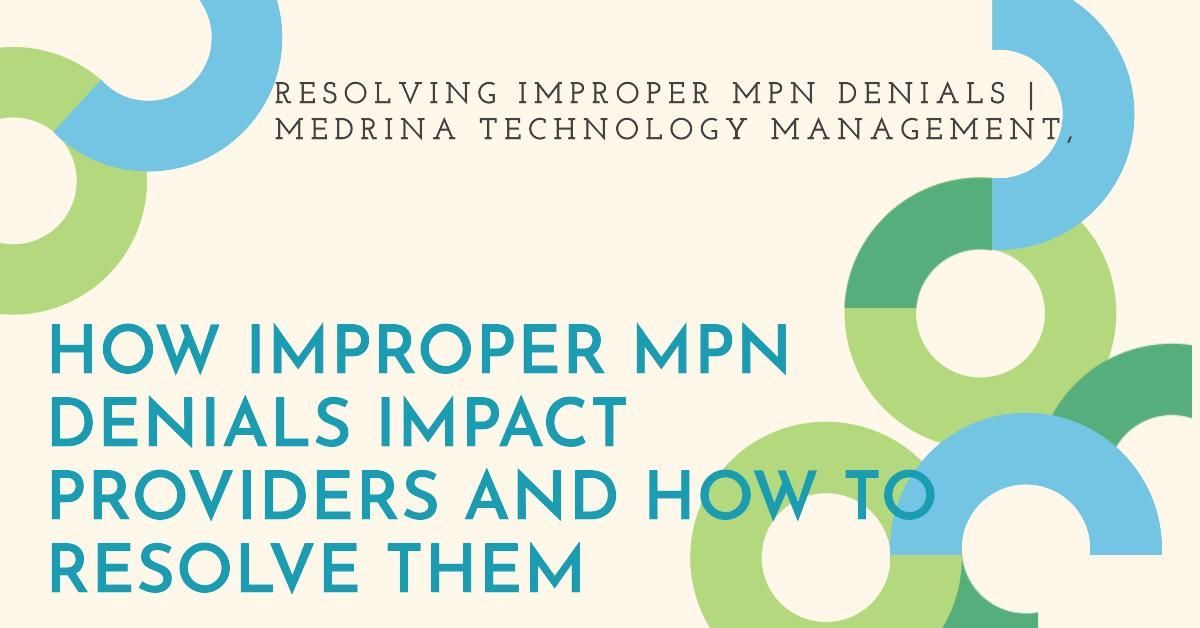When and How a PTP Can Write Med-Legal Reports: A Complete Guide for Physicians
Primary Treating Physicians (PTPs) play a crucial role in workers' compensation cases, but did you know that in specific scenarios, your report can be billed as a Med-Legal report? Understanding when and how to do this can ensure you’re not only compliant but also compensated accurately.
Learn the conditions under which a PTP’s Comprehensive Medical Evaluation (CME) report can be billed as Med-Legal, the legal framework behind it, and why insurers are required to pay.
Med-Legal reports are crucial in workers' compensation cases, as they determine the extent of an injured worker’s disability, the need for future medical care, and their ability to return to work. While these reports are often associated with Qualified Medical Evaluators (QMEs) or Agreed Medical Evaluators (AMEs), a Primary Treating Physician (PTP) can also write and bill a Comprehensive Medical Evaluation (CME) report as a Med-Legal report under specific circumstances. This article provides a complete guide for PTPs on when they can write Med-Legal reports, how to ensure their reports are valid, and why insurance companies are required to pay for them.
Understanding Med-Legal Reports
Med-Legal reports are specialized documents used in workers' compensation cases to evaluate the worker’s medical condition, assess the degree of disability, determine future medical care, and confirm the injury’s connection to employment. These reports are critical in resolving disputes and determining appropriate benefits for the injured worker.
When Can a PTP Write and Bill a Med-Legal Report?
As a PTP, you may be required to write a Med-Legal report under specific conditions that allow you to bill your CME report as Med-Legal. Here are the key scenarios:
- Determining Permanent and Stationary (P&S) Status: When the injured worker reaches Maximum Medical Improvement (MMI) or is deemed Permanent and Stationary (P&S), your report documenting the extent of permanent disability, future medical needs, and return-to-work status can be billed as a Med-Legal report. This situation aligns with updated Med-Legal billing codes like ML201 (Comprehensive Medical-Legal Evaluation).
- Resolving Disputed Medical Issues: When disputes arise regarding the injury’s causation, the necessity of treatment, or the degree of disability, your CME report can be billed as Med-Legal if it is used to resolve these disputes. For example, if there’s disagreement about the level of impairment or the need for ongoing care, your report can provide clarity and be billed under ML201 (Comprehensive Medical-Legal Evaluation), ML202 (Follow-up Medical-Legal Evaluation) or ML203 (Supplemental Report).
- Request from Legal Parties: If any party involved in the case—such as the injured worker, their attorney, the claims administrator, or the Workers' Compensation Appeals Board (WCAB)—requests a Med-Legal report, your CME can be billed as Med-Legal. Labor Code Section 4062 outlines that your report can be used for legal purposes if it is explicitly requested to address issues of liability, disability, or treatment disputes.
- Second Opinion or Additional Evaluation: In cases where a QME or AME is unavailable, or their evaluation is inconclusive, your secondary evaluation or follow-up CME can be billed as Med-Legal. This is particularly relevant when there are conflicting medical opinions, and your expertise as the treating physician is needed to resolve key issues.
- Compliance with Labor Code Section 4628: Your report must comply with Labor Code Section 4628, which requires that Med-Legal reports contain a detailed medical history, clear diagnosis, causation analysis, and recommendations for future care. When your report meets these standards, it is considered valid and can be billed as Med-Legal.
How to Write a Valid Med-Legal Report
To ensure your CME report qualifies as Med-Legal and is reimbursed, follow these best practices:
- Comprehensive Examination and Record Review: Conduct a detailed physical examination and thoroughly review all relevant medical records. Your report should be based on objective findings and supported by medical evidence.
- Detailed Medical History: Include a complete medical history that covers the onset of symptoms, the mechanism of injury, and any pre-existing conditions.
- Clear Diagnosis and Causation Analysis: Clearly state your diagnosis and provide an opinion on whether the injury is work-related, explaining the connection between the injury and the worker’s job duties.
- Accurate Disability Evaluation: Evaluate the degree of disability using the American Medical Association (AMA) guidelines or relevant standards. Your report should discuss the worker’s functional limitations and restrictions in detail.
- Recommendations for Future Medical Care: Outline any necessary future medical care, including treatments, therapies, or surgeries the injured worker may need.
- Return-to-Work Assessment: Address whether the injured worker can return to their previous role, requires modified duties, or should consider alternative employment options.
- Legal Compliance and Clear Language: Ensure your report adheres to the formatting, content, and timeline requirements specified in the labor codes. Write in clear, concise language that can be easily understood by non-medical professionals.
- Certification and Signature: The report must be signed and certified by you, confirming its accuracy and completeness.
Why Should Insurance Companies Pay for PTP Med-Legal Reports?
Insurance companies are legally obligated to pay for Med-Legal reports written by PTPs for several reasons:
- Legal Obligation: Labor Code Section 4622 mandates that insurers must cover Med-Legal evaluations necessary for resolving disputes in workers' compensation cases. If your report is used to clarify legal issues, the insurance company is required to pay for it.
- Resolution of Disputes: Your report plays a vital role in resolving disputes regarding the injury’s cause, disability rating, and future care needs, helping avoid costly litigation and speeding up claim resolution.
- Clarifying Medical Issues: Your familiarity with the injured worker’s medical history allows you to provide an informed, accurate, and timely medical opinion that guides the claims process.
- Efficiency and Expertise: As the treating physician, your insights are critical to case management and can often provide more accurate assessments than those of an outside evaluator.
- Compliance with Workers' Compensation Regulations: By paying for your Med-Legal report, insurance companies comply with California workers' compensation laws, thereby avoiding penalties or legal disputes.
Conclusion
Understanding when and how you can write and bill a CME report as Med-Legal is crucial in navigating the workers’ compensation system. By following the guidelines and knowing the scenarios where your report qualifies as Med-Legal, you can ensure compliance, proper reimbursement, and contribute meaningfully to the fair resolution of workers' compensation claims.
At Medrina Technology Management, we specialize in supporting healthcare providers through every step of the billing and collections process, ensuring that your Med-Legal reports are correctly billed and paid. For more information or assistance, feel free to reach out to our experts.
Stay updated with the latest insights and news in medical billing services and workers' compensation billing and collections. Enter your email below to subscribe to our blog
Contact Us
Thank you for subscribing! You're now signed up to receive our latest blogs, news, and updates. Stay tuned for the most recent insights and developments delivered straight to your inbox!
Oops, there was an error.Please try again later.
Most Recent Articles



Our goal at Medrina Technology Management is to free healthcare providers from complex billing administration, allowing them to focus on exceptional patient care. Partner with us for streamlined billing and efficient collections.
Quick Links
Contact
Questions?
Call us at (877) 285-2686
hello@medtechmgnt.com
Monday - Friday 9am - 6pm PST
We are located at:
626 Wilshire Blvd, Suite 410-H85
Los Angeles, CA 90017
All Rights Reserved | Medrina Technology Management Private Limited | Meraki RCM Solutions, LLC

